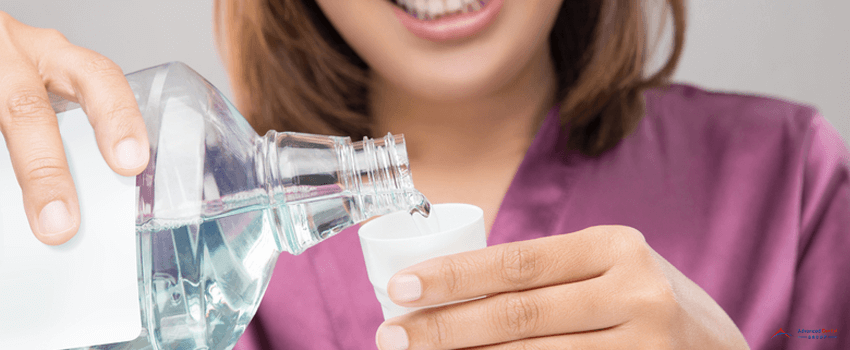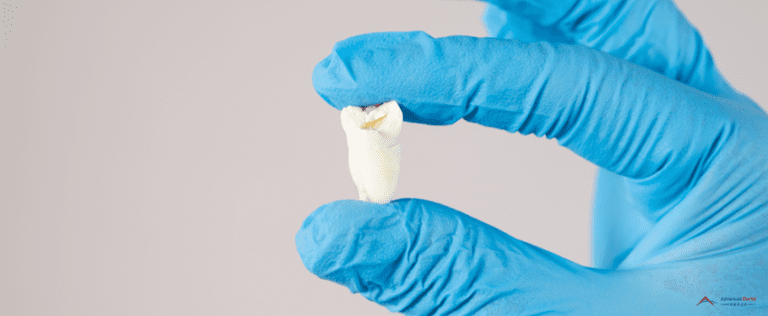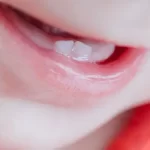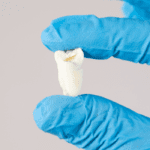Oral health is not just about having beautiful teeth. It also includes the health and well-being of the gums and the entire oral-facial system, which allows us to chew, eat, and speak.
3.5 billion people were affected by oral health conditions in 2017 globally. According to the World Health Organization (WHO), oral health is a crucial indicator of overall health, quality of life, and well-being.
Many oral diseases are associated with risk factors that can lead to other serious health problems, such as cancer and diabetes. Having serious health problems can also affect not just your performance at work but your life as a whole.
However, your work can also affect your oral health in different ways.
How Your Work Affects Your Oral Health
Your job can complicate your dental health if you’re not careful. Here are some activities at work that may put your oral health at risk:
Stress
Deadlines, quotas, and projects can stress you out at work and lead to unhealthy habits and behaviors like jaw clenching, teeth grinding, or nail-biting. Sadly, these can all lead to canker sores, gum disease, and tooth damage.
Delaying Oral Care Treatments
You can experience dental problems at any time. Eating hard candies or munching on ice can crack or chip your teeth. However, most of us put these problems at the bottom of our priorities. You might have a meeting in an hour or a project due at the end of the day. Surely, going to the dentist can wait a day or two, right?
Delaying treatments for any dental injury, however minor, is not good. Time is always of the essence when it comes to dental problems; the earlier you visit your dentist, the easier they are to fix or treat. Delaying oral care will only make your problems worse.
Snacking
Your office might have a lot of tempting sugary snacks and candies lying around, and if you’re in a work-at-home setup, you’re likely just a few steps away from a cupboard full of delicious treats that are hard to resist.
Unfortunately, these sugary and starchy snacks are not good for your teeth. Sticky treats like caramel, chewy candies, and dried fruits make it difficult for your saliva to remove harmful sugars. Starches found in chips and other snacks are broken down into simple sugars, which bacteria use to produce harmful acids that weaken your teeth’s enamel. Caffeinated drinks reduce the saliva in your mouth, leading to tooth decay or gum disease.
Happy Hour
Happy hour may be great for relaxing after a long day at work, but it’s never good for anyone’s teeth. Studies show alcohol consumption can lead to tooth decay, gum disease, and oral cancer. Additionally, some alcoholic beverages have high sugar and citric acid content, irritating mouth sores, damaging tooth enamel, and increasing your risk of developing cavities.
Smoke Breaks
Tobacco products like cigarettes, cigars, and chewing tobacco are not good for your oral health and your entire well-being. Chewing and smoking tobacco products can discolor teeth and cause bad breath and tooth loss. It also increases the risk of oral cancer.
E-cigarettes are just as harmful. While they don’t have tobacco, they still have nicotine and other chemicals that could damage your teeth, leading to tooth loss and gum disease.
Tips To Help Keep Your Teeth Healthy at Work
Work and health go hand in hand, and taking care of your teeth benefits your overall health and work. Here are some ways you can keep your teeth healthy at work:
Be mindful of what you eat and when you eat.
Eat snacks during mealtime. Eating a meal increases your saliva production, which helps wash away harmful sugars and lowers your mouth’s acidity. But if you need to indulge in something extra, choose smile-friendly options like fresh fruits, vegetables, or nuts. Unsweetened yogurt and cheese are also excellent options.
If you need some caffeine boost, try unsweetened green or black teas. They contain compounds that inhibit harmful bacteria. You should also drink plenty of water; it can remove harmful sugars, starches, and acids from your mouth. It also prevents dryness and may contain a dose of protective fluoride.
Be more active.
Go for a quick walk during your lunch break, or do some yoga stretches. Go for a jog, or do any physical activity you enjoy for a quick dose of endorphins that helps reduce your stress levels.
Do something fun.
A night out with drinking is not the only way to have fun. Try a hobby, read a book, or play a board game with your loved ones.
Learn a few relaxation techniques.
Deep-breathing exercises and meditation can effectively calm you down and turn your mind off. Take a few mental breaks throughout the day to ease your mind and relieve stress.
Get enough sleep.
Nothing feels as good as a good night’s sleep. Make sure to get the recommended amount of sleep for your age, and avoid caffeine and alcohol several hours before bed to ensure you fall asleep easily. Avoid scrolling through Twitter or watching TV in bed; you’ll fall asleep faster if you limit these stimulating activities before bed.
Find alternate activities for happy hour.
Drinking is not the only thing you can do for happy hour. There are other ways to get rid of stress. You can go for a run or ride a bike during your free time. Bring friends with you if you don’t want to go alone. You can also set up a video call with friends or enjoy some healthy snacks.
You can also opt for non-alcoholic drinks or sparkling water if the call of the lounge is difficult to resist. Drink a glass of water after each alcoholic drink you consume. And remember, always drink moderately.
Don’t delay oral health care treatments.
If you have a broken or chipped tooth, visit the dentist as soon as possible. You may also do some first aid by rinsing your mouth with warm water or applying a cold compress on your face if any swelling is involved. No matter what type of injury you have, you’ll have better outcomes if you see your dentist sooner than later. If the cost of treatment is holding you back, check if you have dental employee benefits.
Stop smoking.
Quitting tobacco products and vaping is one of the best decisions you can make for your overall health. The American Cancer Society and the CDC have free resources to help you quit.
Key Takeaway
Oral health and work affect each other. Stress, happy hour, snacking, and delaying dental treatments due to work are not good for oral health, so try your best to avoid them. Always watch what you consume, find alternative ways to relieve stress, and visit your dentist when you have dental problems.
Keep your oral health and work productivity on track with Advanced Dental Group.
Our affiliate dentists in Dillon, CO, provide preventive and restorative dentistry procedures that help keep your teeth and gums healthy and your smile in perfect shape. Call us today, and we’ll connect them to you in no time.





